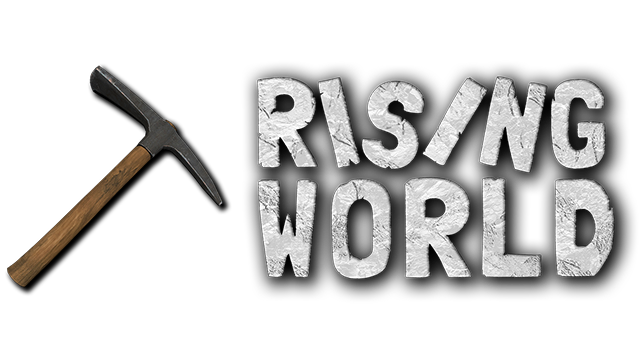@YakMe comments, suggestions and descriptions are suggestive and inspiring. The idea of custom stories or of sub-stories (possibly not even over-complex to implement if they ultimately rest on a text file with a chain of permissions or similar) would address some of my concerns, primarily the boredom of repeating again and again the same story from scratch for each new world you create or each new server you join.
My points were primarily these two:
1) Time scale: Palaeolithic lasted half a million years, if not more, Iron Age lasted two millennia and half (and in sense is still going on) and so on. I can accept to forfeit this scale and instantly jump to the next step, once the preset conditions are met: after all, as YakMe said, this is a game, not a course on History of Civilisation.
2) Relevance of population. As I said above, from, say, 2nd-1st c. B.C. (Republican Rome) to early XVIII c., the technology base did not change so much.
Just an example: Most of the buildings around me are built, today!, with reinforced concrete and bricks; 1st c. B.C. Romans did know concrete (the ceiling of the Pantheon is in concrete) and could make iron bars, so they could have made reinforced concrete; and of course, they made bricks, an incredible amount of bricks (they even established the first well known standard system, so that bricks made all over Roman possessions could be used interchangeably). So, they could have done most of the buildings I see being made today! around me.
Why they didn't? Because they did not need it and/or could not afford it. Not because of the cost, but because of the implied population requirements. What did change all over those centuries and centuries was the amount of population and the distribution of its density. This is what allowed to diversify more and more the skills and the jobs, deepening the knowledge and the experience:
You can't have a master metallurgist if there is not another hundred or so of persons (probably much more) providing him with food, wear, heat, bricks for his furnaces, wood, coal and so on and so on. You can't have bricks and coal, if there is not a hundred or so of persons for each brick-maker and miner, providing him with food, wear, heat... You can't provide your peasants with decent quality iron forks, rakes or hoes without a corresponding number of skilled metallurgists... and the implied population base quickly escalates.
This is where most 'civilisation progress' games miserably fail: knowledge and technology work like magic, independently of any reasonable social context. It can be simplified (this is a game), it can be streamlined, but it has to make some sense in some way, otherwise it is just magic under another name; then, why not simply add magic to the game?
3) Some random comments:
How does all of this affect contexts like RW? In general, it ultimately requires a 'social ecosystem' going on before, above and beyond the player(s); it might be hinted at by simple visual and procedural elements (no need for the programme to automatically generates a visible 2-million people town!), but it has to be there, both in single- and multi-player modes.
On a similar plane, YakMe spoke of tribes. It is a fascinating idea which could bring the very concept of multi-player above the mere exchange of sword strokes or in-game chatting. But when in a (individually run) server you can't hope to routinely have more than twentish peoples, it evaporates quickly.
So, I am not necessarily against this "evolutionary" concept. I hope it will not be too boring and it will make some sense.
Thanks! M.

